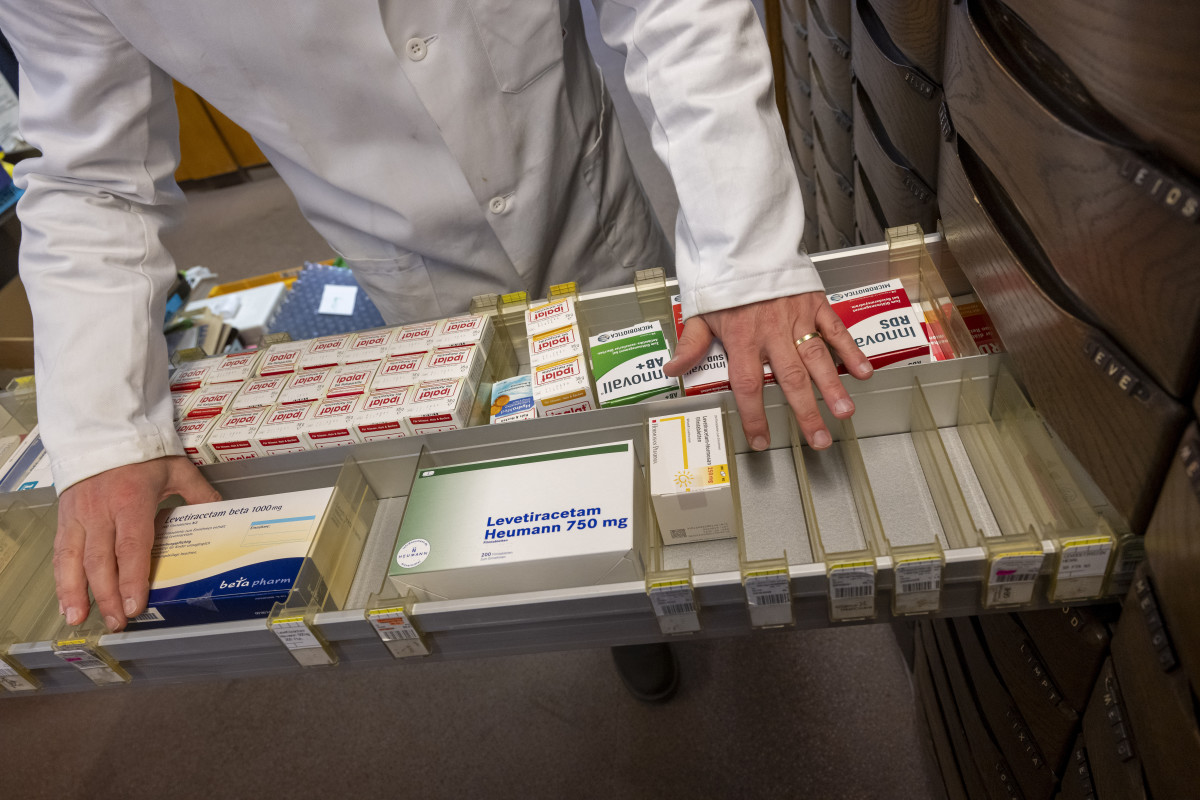Group warned that grocery merger could lead to monopoly
Published 12:59 pm Wednesday, July 13, 2016
The research director for a watchdog group says Baker City’s one-corporation grocery situation is the unfortunate, but not surprising, result of the federal government’s approach to regulating grocery chain mergers.
Trending
“You are experiencing total monopoly, which has a huge burden on consumers,” said Patrick Woodall of Food & Water Watch.
The Washington, D.C.-based organization’s mission statement calls for “healthy food and clean water for all.”
The company that operates both Safeway and Albertsons stores announced last week that it will remodel the former Albertsons store at 1120 Campbell St. and re-open it this fall as a Safeway.
Trending
The company’s current Safeway store, just across the street at 1205 Campbell St., will remain open.
The potential for this sort of situation, and in particular in relatively small, rural markets such as Baker County, is among the reasons Food & Water Watch opposed the Albertsons/Safeway merger in 2015, Woodall said.
“The Federal Trade Commission (FTC) put the food industry ahead of consumers by refusing to block the biggest supermarket merger in history,” Food & Water Watch stated in a 2015 press release.
Woodall said he was skeptical that Haggen, the regional supermarket chain from Bellingham, Washington, was large enough to operate the 146 Albertsons stores, including the one in Baker City, that Haggen bought in 2015.
The FTC’s approval of the merger was contingent on Albertsons selling those stores, the goal being to avoid monopolies in markets, such as Baker City’s, where the merged company would have no competition from another grocery chain.
“Haggen was really the only firm that got a bite of this apple, it appears from the outside,” Woodall said.
Haggen, as it turned out, declared bankruptcy and closed its Baker City store in November 2015.
In the subsequent bankruptcy auction in December 2015, Albertsons bought many of the stores it had earlier sold at the FTC’s behest, including the Baker City store, which is in a building owned by a corporation controlled by Greg Sackos of Baker City.
In explaining why the FTC didn’t object to the Albertsons/Safeway corporation buying those stores — which resulted in the exact situation the FTC was trying to prevent — an agency spokesman said having one corporation operate both stores in markets such as Baker City was preferable to having only a single store in those markets.
That’s been the situation in Baker City since Haggen closed its store here seven months ago.
This has resulted in crowded aisles and, at times, shelves that weren’t fully stocked.
Greg Smith, Baker City/County economic developer, said he was “shocked” when an official from Albertsons called to tell him the company’s plan to operate two Safeways in Baker City, rather than one Albertsons and one Safeway as the company announced in May.
Smith said he understands there is a “huge level of frustration” among local residents and in particular the concern that the grocery monopoly will result in higher prices.
“My question for Albertsons, the parent company, is do they want to be a good neighbor in Baker City or not,” Smith said. “I hope they choose to be a good neighbor.”
Woodall said Food & Water Watch is concerned about the possibility of price gouging even in markets where two corporations operate grocery stores.
Baker City’s situation, with a single corporation in the market, is even more troubling, he said.
“It makes it very difficult for consumers to get a fair shake,” Woodall said. “It puts a serious burden on families trying to put food on the table.”
Woodall contends the FTC should have been more aggressive in looking for potential buyers for Albertsons stores — both when the stores were sold prior to federal approval of the merger, and again when Haggen declared bankruptcy and its stores were sold at auction.
“For competition in smaller markets, I believe it requires more attention to the importance of that process,” Woodall said. “I think the FTC has been insufficiently vigilant, especially regarding the effects in rural markets.”
Smith said he isn’t familiar with the process by which Albertsons sold its stores to Haggen, or how the bankruptcy auction was handled.
But Smith said that if either of the two buildings soon to be operated as Safeway stores becomes vacant, he will strive to convince another grocery company to open in Baker City.
He’s optimistic about those prospects.
See more in the June 29, 2016, issue of the Baker City Herald.









